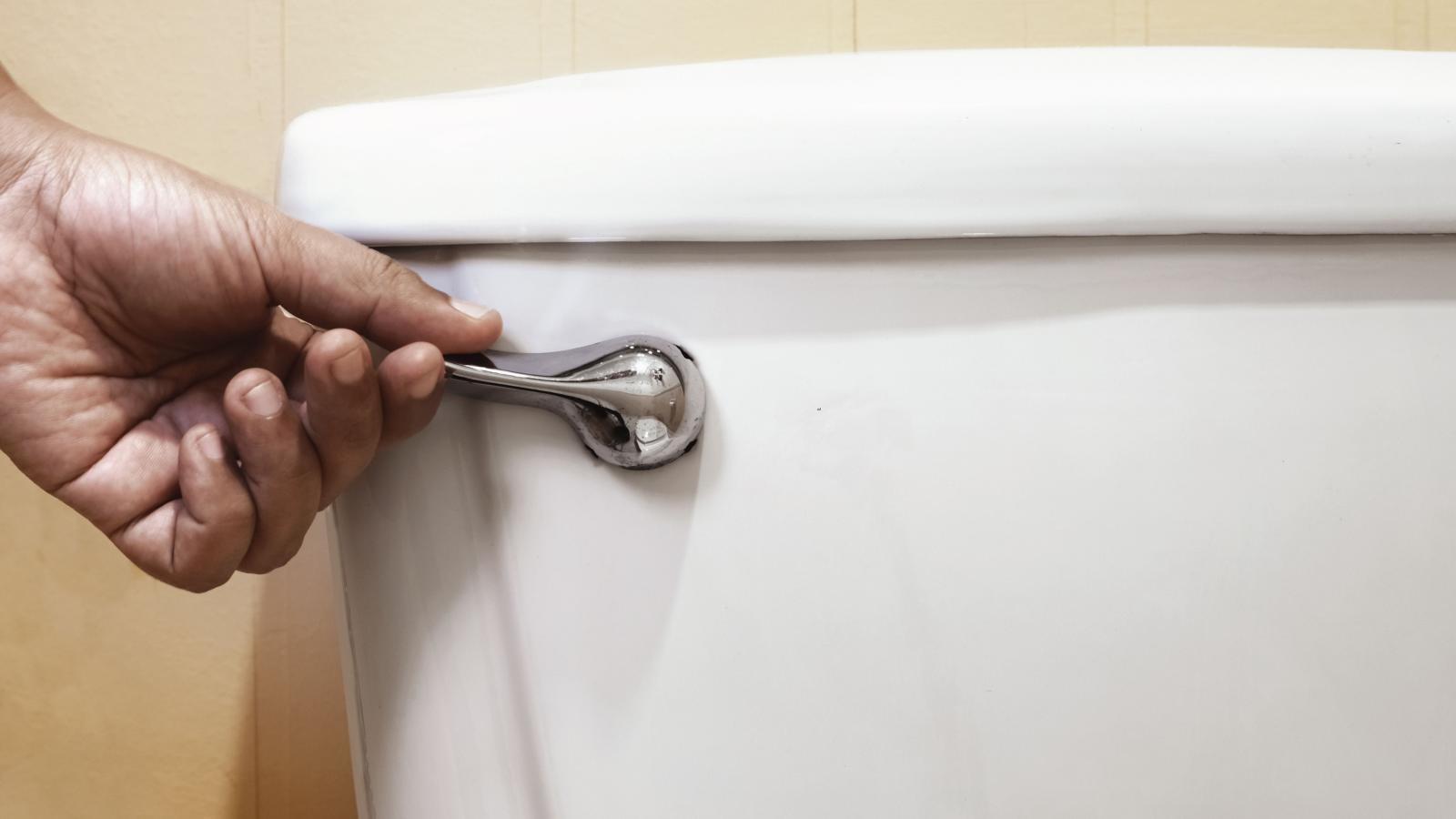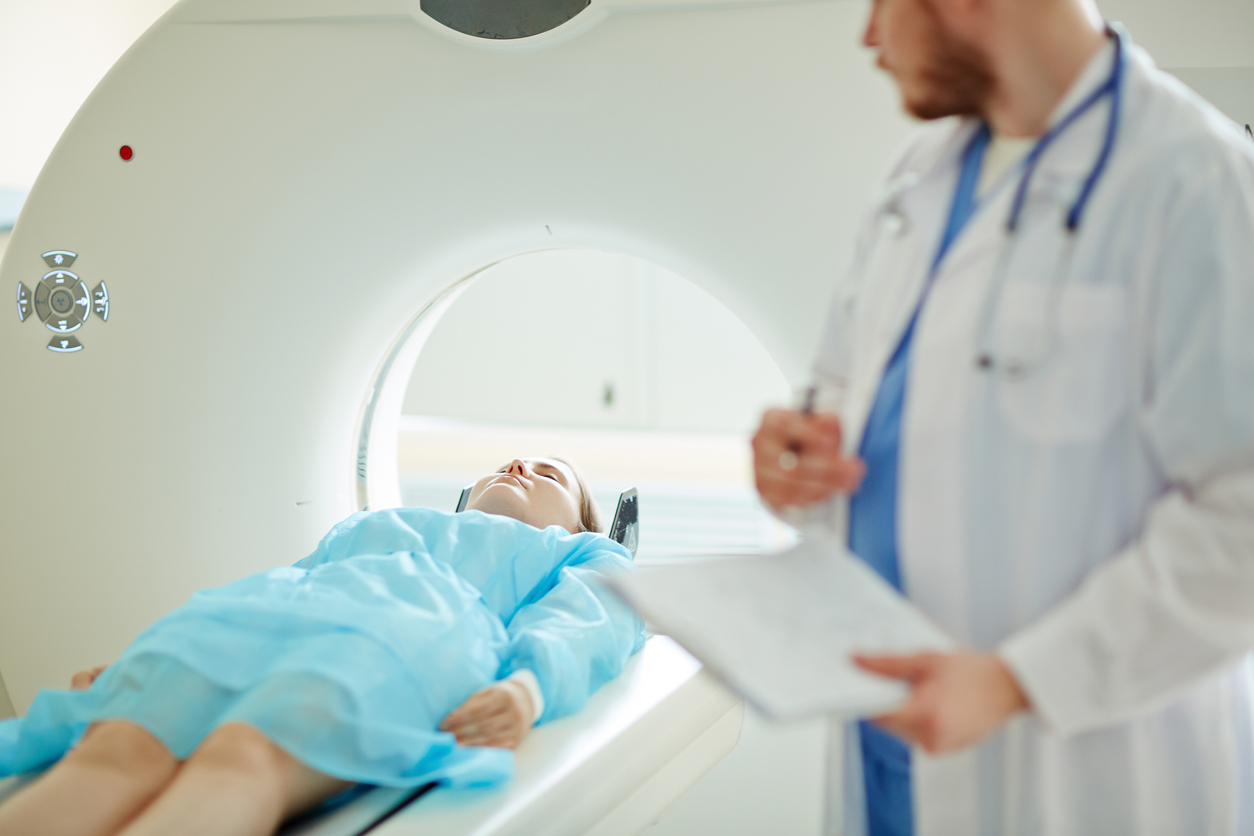Symptoms and diagnosis of bowel cancer

On this page:
Symptoms of bowel cancer
- A lasting change in your bowel habit – going more often, looser motions or constipation.
- Blood in your poo or bleeding from your back passage.
- Pain or discomfort in your tummy area or back passage.
- Trapped wind or fullness in your tummy.
- A lump in your tummy area or rectum.
- Feeling you have not emptied your bowel fully after going to the toilet.
- Unexplained weight loss.
- Feeling tired and breathless due to anaemia (fewer red blood cells).
Not everyone will get every symptom and symptoms do not present in a particular order.
If you notice any of these changes, always get them checked by your GP.
These symptoms can be caused by conditions other than cancer, but it's important to listen to your body and get any changes checked.

Sometimes bowel cancer may cause a blockage. In this case, you will feel bloated or constipated or you may vomit. You are also likely to having gripping pains in your abdomen. If you have these symptoms you should go to your doctor as soon as possible.
Can I be screened for bowel cancer?
Testing for bowel cancer when you have no symptoms is called screening. If cancer is found early, it can be treated and greatly improve your chances of survival.
BowelScreen offers screening to people aged 59-69 in Ireland.
We have more information on bowel cancer screening.

A colorectal consultant is a doctor who specialises in treating problems with the bowel (colon and rectum).
Diagnosing bowel cancer
Tests with your GP
Your family doctor (GP) will talk to you about your symptoms. He or she may do some tests. For example:
Rectal exam (DRE): Your doctor puts a gloved finger into your back passage to feel for any lumps or swelling. It may be a little uncomfortable but does not hurt.
Blood tests: Your doctor will take blood to see if you are anaemic. Also, he or she may check how well your liver and kidneys are working.
Stool sample: Your doctor may ask for a sample of your poo (stool) to check for any hidden blood.
Tests at the hospital
Your GP will refer you to hospital if they think you need more tests. Other tests you might have include:
Proctoscopy
A short thin tube is passed into your back passage (rectum) while you are lying on your side. Air is then pumped in so the doctor can see the area more clearly.
Sigmoidoscopy
A longer tube is passed further up into your bowel. A light inside the tube helps your doctor to see any abnormal areas in the lower part of your large bowel. A sample of cells (biopsy) can also be taken during a sigmoidoscopy.
Colonoscopy
When you are lying on your side, your doctor puts a long flexible tube into your back passage. This tube is called a colonoscope. A light inside the tube helps your doctor to see any abnormal areas, polyps or swellings. A small sample of cells (biopsy) can also be taken during colonoscopy.
CT colonography
This is a type of scan. You will lie on a table which moves through the CT scanning machine - this can produce a 3D picture of your bowel.
Colonography video
Cancer Research UK has a very helpful video on this.
A sample of cells (biopsy) can also be taken during a sigmoidoscopy or colonoscopy. These can be checked under the microscope to find out more about the cancer, if cancer cells are present in the sample.
For more information
Phone
1800 200 700



